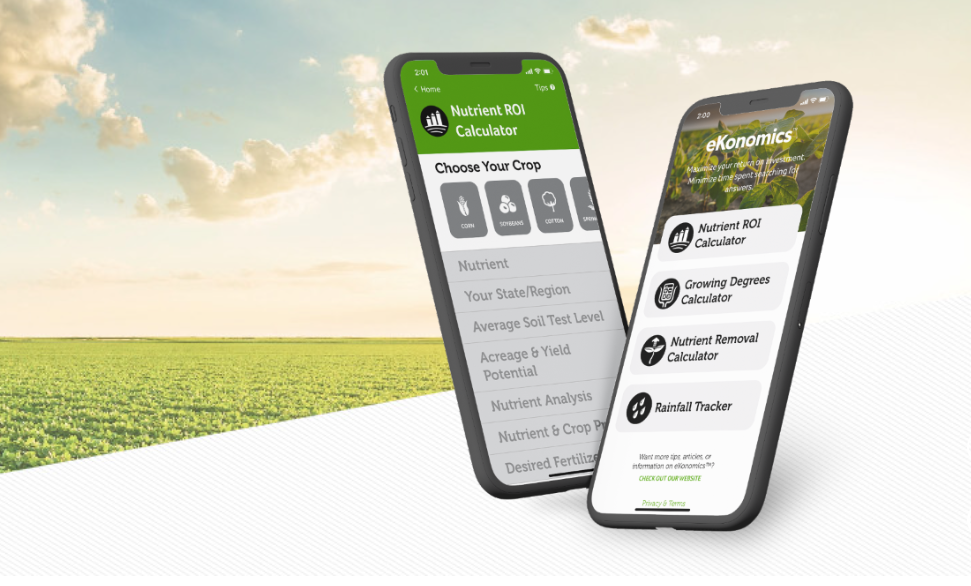
Oklahoma Farm Report’s Maci Carter spoke with Dr. Alan Blaylock, a Senior Agronomist with Nutrien Premium Fertilizer Technologies, about an essential nutrient: sulfur.
“We like to say it is the fourth major nutrient,” Dr. Blaylock shared. “People talk about nitrogen, phosphorus, and potassium, but we should also be talking about sulfur at the same time because it is essential and is increasing in importance.”
A key component of certain amino acids, sulfur is integral in protein formation which is essential to human nutrition. It also plays a regulatory role in many plant functions, often working very closely with nitrogen.
The Clean Air Act was passed in the 1980s, however, exhaust from factories and power plants used to release sulfur into the atmosphere from where it made its way into the soil through rainfall, namely called acid rain. The actions of the Clean Air Act has effectively removed significant amounts of sulfur from the atmosphere. That, combined with higher crop yields has depleted sulfur deposits in the soil leading to more and more deficiencies.
Producers currently can choose from a variety of sulfur fertilizers, one of the most common being ammonium sulfate. Another common form is elemental sulfur.
“We have a product called MAP+MST,” Dr. Blaylock explained. “That is a phosphate fertilizer, monoammonium phosphate that is enriched with sulfur. There are a lot of different ways a grower can apply sulfur. They just need to be aware of that need and pay attention to that in their crop nutrition plan.”
Adding sulfur to a deficient field can promote better plant growth, health, and resistance to stress and disease, and improve nitrogen use efficiency.
“A key component of sustainability is maintaining good, productive agriculture by growing healthy crops, producing a maximum economic yield. Yield is a part of profitability, and I view profitability as part of that sustainability equation,” Dr. Blaylock noted. “Yes, we want to protect the environment and get as much nutrition into the plant as we can and minimize those environmental impacts. We get the greatest combination of all of those at what we call the economic optimum.”
More information, including podcasts, webinars, calculators, and other tools for growers, can be found at Nutrien-eKonomics.com.

















